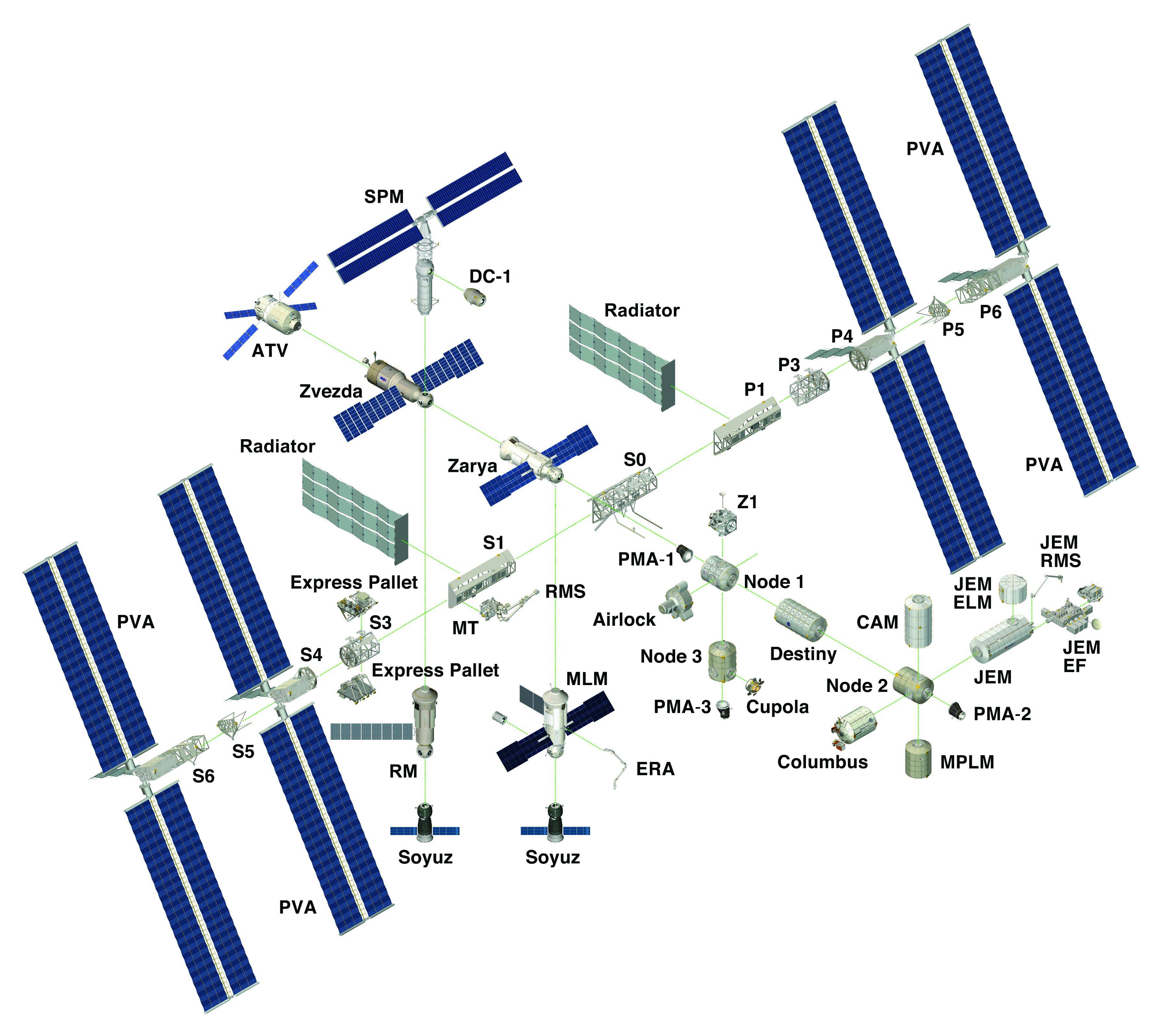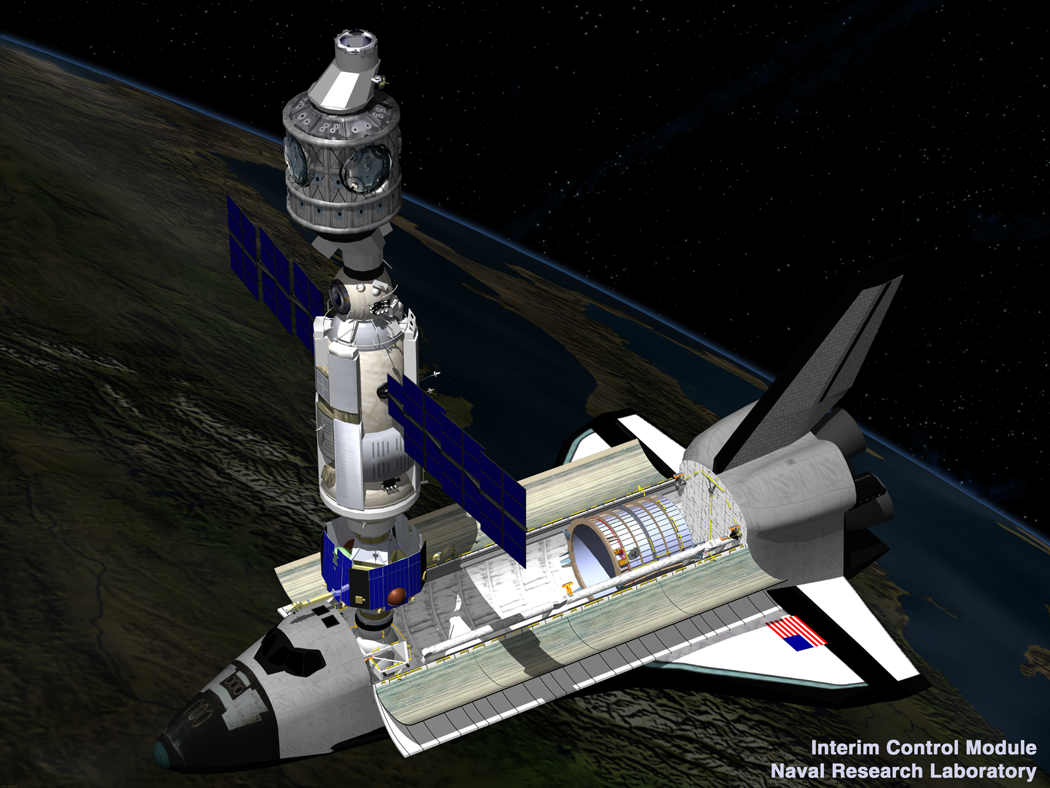What is being referred to here is the fact that the guidance, navigation, control, and propulsion capabilities of the ISS are entirely contained in the Russian Zvezda module.

Image Credit: ESA
NASA does have a module on the ground that is capable of replacing the Zvezda module temporarily for three years called the Interim Control Module, but the US currently has no way of delivering this to orbit.

We have designs for a long term module to replace Zvezda, but the design was never approved and is now outdated and would need to be revised.
Zvezda was originally designed to be part of a successor to the Russian Mir space station, but was gifted to the International Space Station as part of a good faith effort between Russia and the US.
This is why there is a strong reliance on Zvezda today. The US had plans to backup the Zvezda module, but they were not needed at the time, since Zvezda was successful.
As far as the political situation is concerned, if the Russian government really did break faith with the US in this way, it might be enough impetus to reignite the space race. With the proper budget (which a reignited space race might provide), the US has ample capability to strike out on its own. There would be political ramifications from this, obviously, and at this time we cannot know how the US, Russia, and the world would be affected by a new space race. It could be good or bad, and likely a mix of both. It may cause an acceleration of technological development, but it could also have nasty side effects.
For more information:

